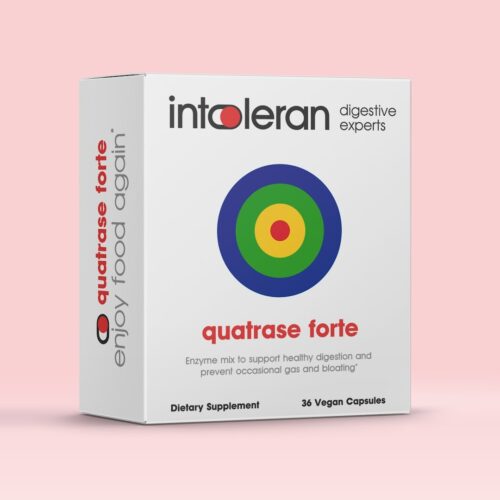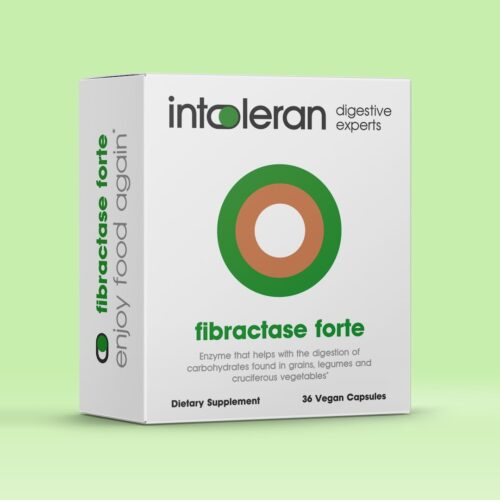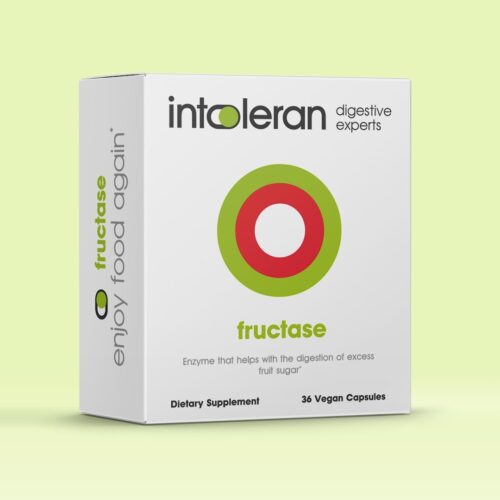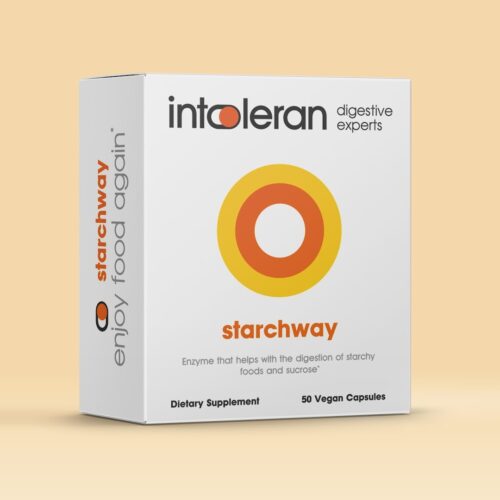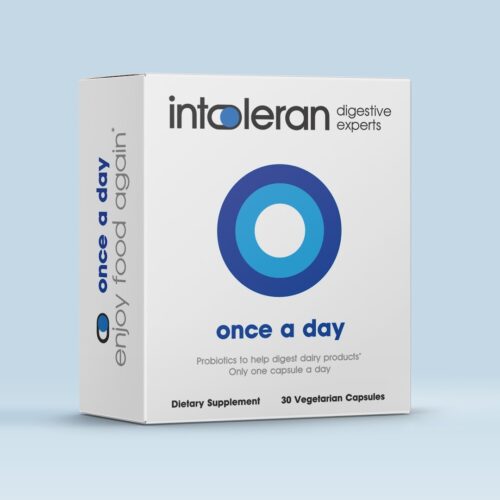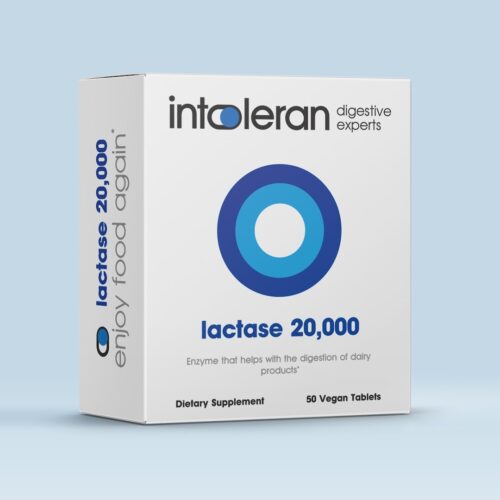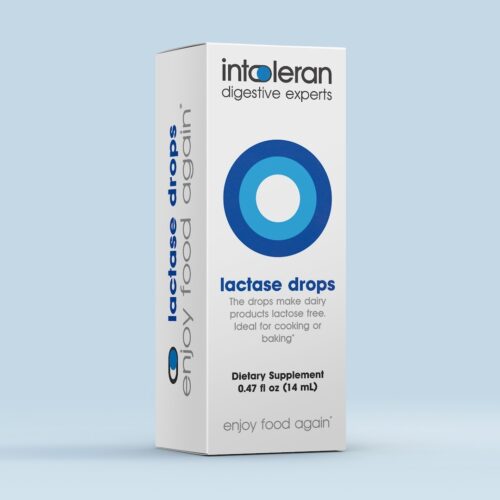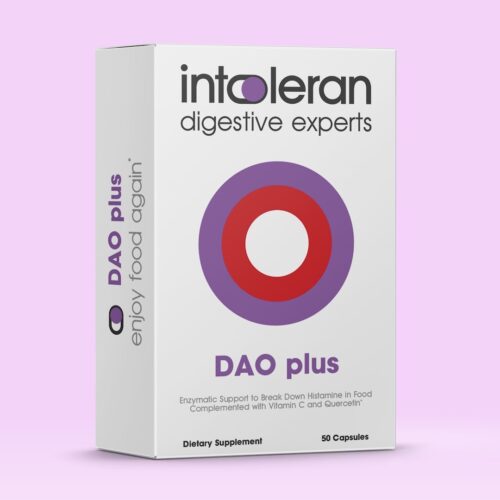With irritable bowel syndrome (IBS), something goes wrong in your digestive system. But what exactly is happening? And what can you do about it? Read more about IBS below.
Irritable bowel syndrome (IBS), also known as spastic bowel, involves a dysfunction of the digestive system. Although the intestinal tissue is intact, it is overstimulated, which disrupts intestinal function. Therefore, the intestinal wall is not inflamed as in Crohn’s disease or Colitis Ulcerosa, but you do experience symptoms. For example, in IBS the intestine makes too many or too few intestinal movements which disrupts digestion.
What exactly causes IBS is still relatively unknown. Recent studies indicate that IBS involves a disturbed brain-gut axis. In this case, your intestines give the wrong signals to your brain and vice versa. Stress, smoking, certain foods, and alcohol also play a role in IBS. The symptoms as they occur with IBS, can also have another, underlying cause. Therefore, if you suspect IBS, always consult a doctor or a dietitian.
Irritable bowel syndrome is characterized by various intestinal symptoms, often multiple symptoms in parallel. How the intestinal symptoms express themselves is different for each individual. Below are the most common complaints and symptoms to recognize IBS:
- Abdominal pain
- Abdominal cramps
- Diarrhea, Congestion (obstipation)
- Bloated belly due to gas
- Flatulence
In addition to the above intestinal complaints, some people also have stomach problems, nausea and are tired more often. Do you have blood in your stool, unwanted weight loss, fever or any other complaint not listed above? If so, consult a doctor as there may be an underlying condition.
There are dietary and lifestyle improvements that can help to reduce symptoms of IBS. We have some suggestions listed below.
It is important to discover what foods stimulate your intestines, and what your ‘trigger foods’ are. This can vary from person to person and is sometimes difficult to find out. The FODMAP diet is a method to discover exactly which foods you react to. You first eliminate all FODMAPs from your diet and then one by one add them back, always under the guidance of a dietitian or other health care professional. FODMAPs are fermentable and therefore poorly digestible carbohydrates that can cause many symptoms for people with IBS. When following the FODMAP diet, be sure to get guidance from a dietitian.
Besides finding out your trigger foods, a generally healthy and varied diet is very important. It lays the foundation for the proper functioning of your digestive system, enabling better management and control of symptoms. Choose a varied diet, make sure there is enough fiber and moisture in your food, and eat at set times as much as possible.
Exercise is essential for a healthy body and proper bowel function and digestion. Therefore, try to exercise preferably for half an hour to an hour each day. For example, go for a walk, bike ride, or run daily.
Stress can make symptoms of IBS worse. Making enough time for relaxation and sleep is vital. Yoga, meditation, reading a book, or going for a walk are just a few relaxation ideas. The most important thing is to choose a way of relaxation that suits you.
Smoking and drinking alcohol can stimulate the intestines and therefore worsen the symptoms of IBS. Stop smoking as much as possible and limit your alcohol consumption. In addition to smoking and drinking alcohol, caffeine can also stimulate the intestines.
With supplements, you can reduce symptoms of IBS or even make them disappear completely. For example, there are supplements that contain digestive enzymes to support digestion. These supplements help you break down foods that you normally don’t digest well. Probiotic supplements can also support intestinal function and therefore reduce or cure symptoms associated with IBS. Probiotics are good intestinal bacteria that help with digestion in the intestines.
Our product quatrase forte can help relieve symptoms triggered by FODMAPs. This is an enzyme mix to support healthy digestion and helps prevent gas and bloating. Quatrase forte contains four different enzymes to aid the digestion of various FODMAPs such as lactose, fructose, and GOS. Many people with IBS benefit from this product.

free advice from our dietitians
Digestive complaints? Let us help you, like we’ve helped many others. We will help you to find the solution that fits your needs best.
Fill out our contact form and we will get back to you
our unique range of products


 EN
EN NL
NL IT
IT FR
FR ES
ES AU
AU SG
SG